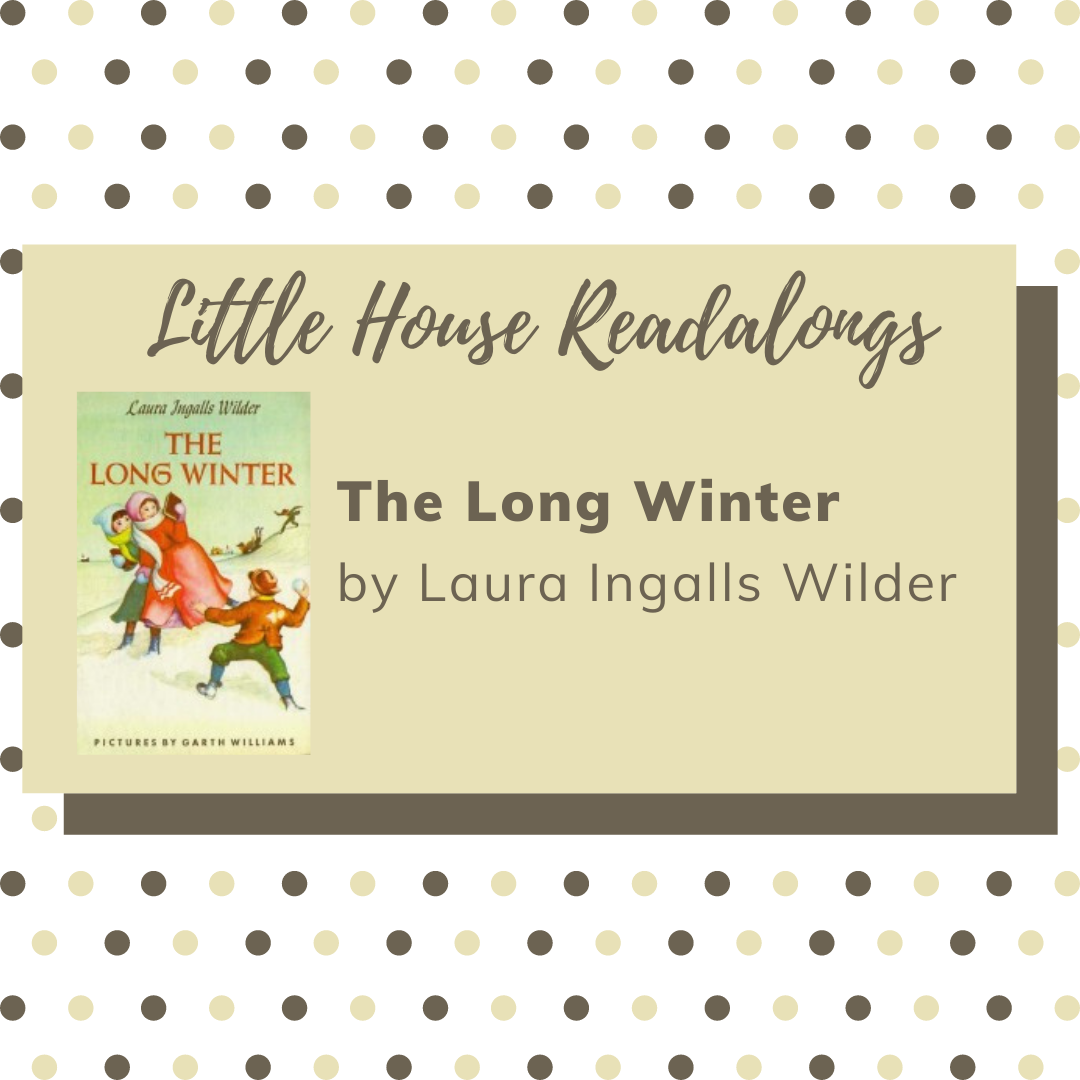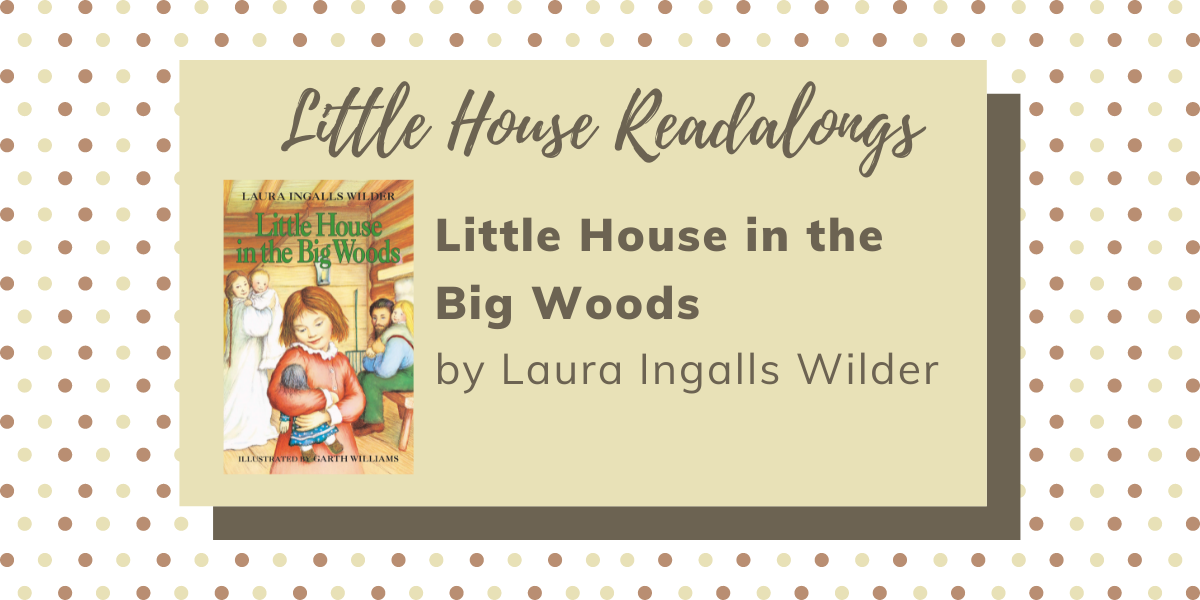
It seems like it should be the end, but it’s not. The wheat has come in to “save” the town, but it’s not over yet. All the wheat means is that the townspeople have bread to eat instead of nothing to eat.
So many times when I think of The Long Winter, I recall this one paragraph:
In the morning Laura got out of bed into the cold. She dressed downstairs by the fire that Pa had kindled before he went to the stable. They ate their coarse brown bread. Then all day long she and Ma and Mary ground wheat and twisted hay as fast as they could. The fire must not go out; it was very cold. They ate some coarse brown bread. Then Laura climbed into the cold bed and shivered until she grew warm enough to sleep.
This chapter feels desolate and all but hopeless. Winter’s still here. Pa does not sing. The girls don’t have any lessons. They twist hay and eat bread. March ends. April begins. The blizzard is still there. Now it has become one blizzard, one storm. It takes longer breaks now—four days, even—but it always comes back.
When Pa says it’s thanks to Laura that the hay is holding out for fuel, we recall the hot days of haying last summer. Like Christmas in July, it seems unfathomable.
“Can’t it, Pa?” Laura asks when Pa says the storm cannot beat them. No, he repeats. We won’t give up. A small flame lights in Laura. It won’t give up either.
Then in the night, Laura hears the wind. It’s a different, wet wind. It doesn’t howl. It’s dripping. It’s the Chinook! The Chinook, the wind of spring!
Laura calls out to Pa. “The Chinook is blowing!”
Next morning everyone is happy. Mary pushes her chair back from the fire, saying it was too warm, bringing us to one of my favorite Little House one-sentence paragraphs:
How marvelous it was that anyone could be too warm.
Pa makes fun of Laura for yelling that the wind was blowing in the middle of the night. “As if the wind hadn’t blown for months!”
But it was the Chinook, Laura said. “That makes all the difference.”


Comments4
I wonder if Pa and Ma had to take turns getting up at night to put more hay sticks into the fire, or did they just let it burn out. Even a stove filled with logs will not burn all night, the best you can hope for is hot embers that will light new kindling in the morning. I wonder if they even had matches, though they probably had flint to make fire with.
They would have let the stove go out. (They always did, even when it was filled with wood or coal.)
And they had matches — other chapters make reference to hearing the strike of the match. Friction matches had been around for about 50 years at that point.
It is in this chapter that I realize that the Ingalls were starving. I had known it, but it wasn’t until I was reading it recently that it really hit me that they weren’t just mentally tired, they were slowly dying. People living on just bread and tea for months will be nutritionally starved and will die. No wonder everything seemed the same, they didn’t go out and play any more, they didn’t read stories or dance. They were starving.
The Ingalls family was in bad shape, but they had the option to kill the cow and calf at any time which would have allowed them to add some protein to their diets anyway, but they never saw themselves in being bad enough shape to warrant that action. So they must not have believed they were actually starving yet.
Comments are closed.